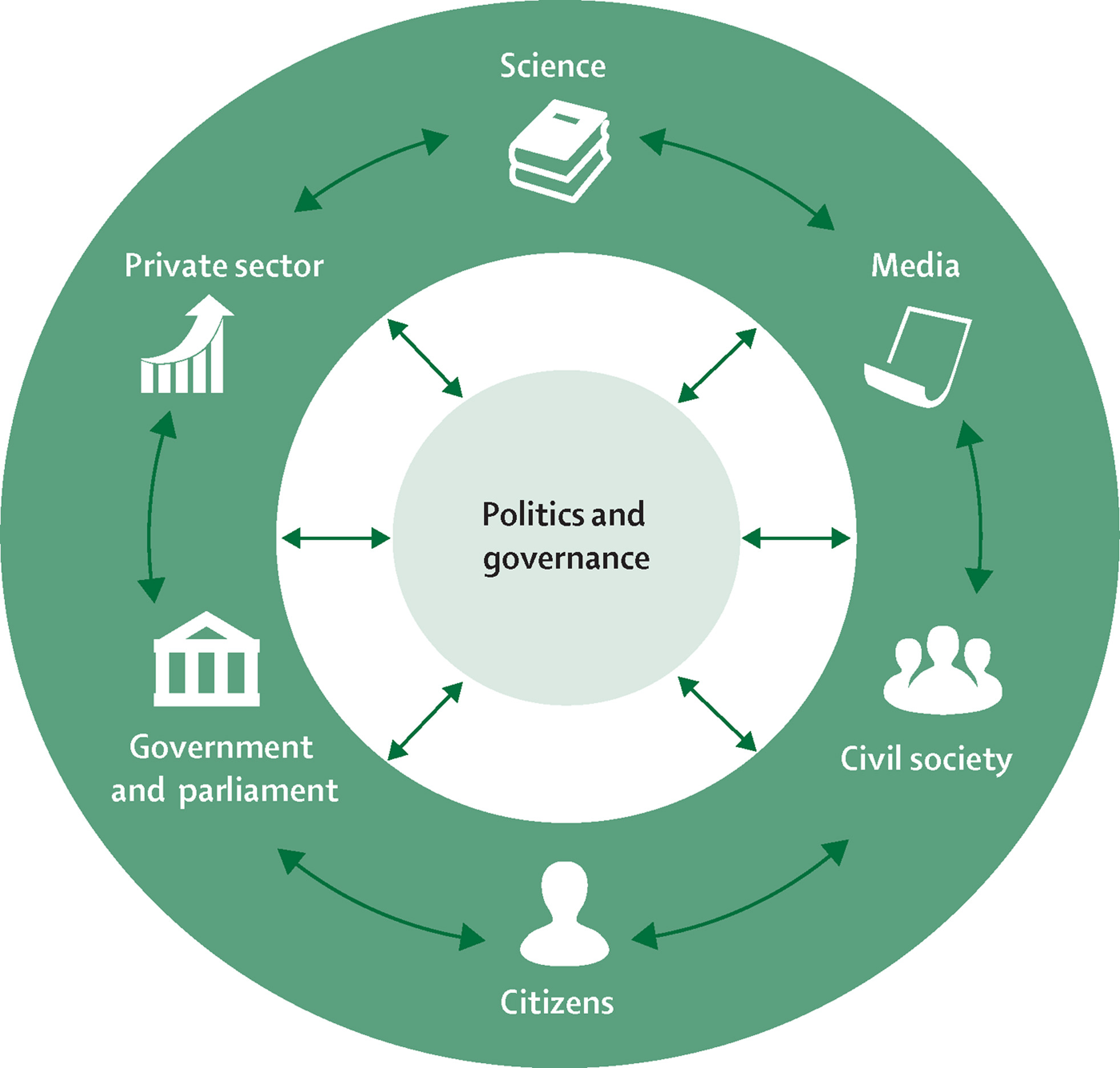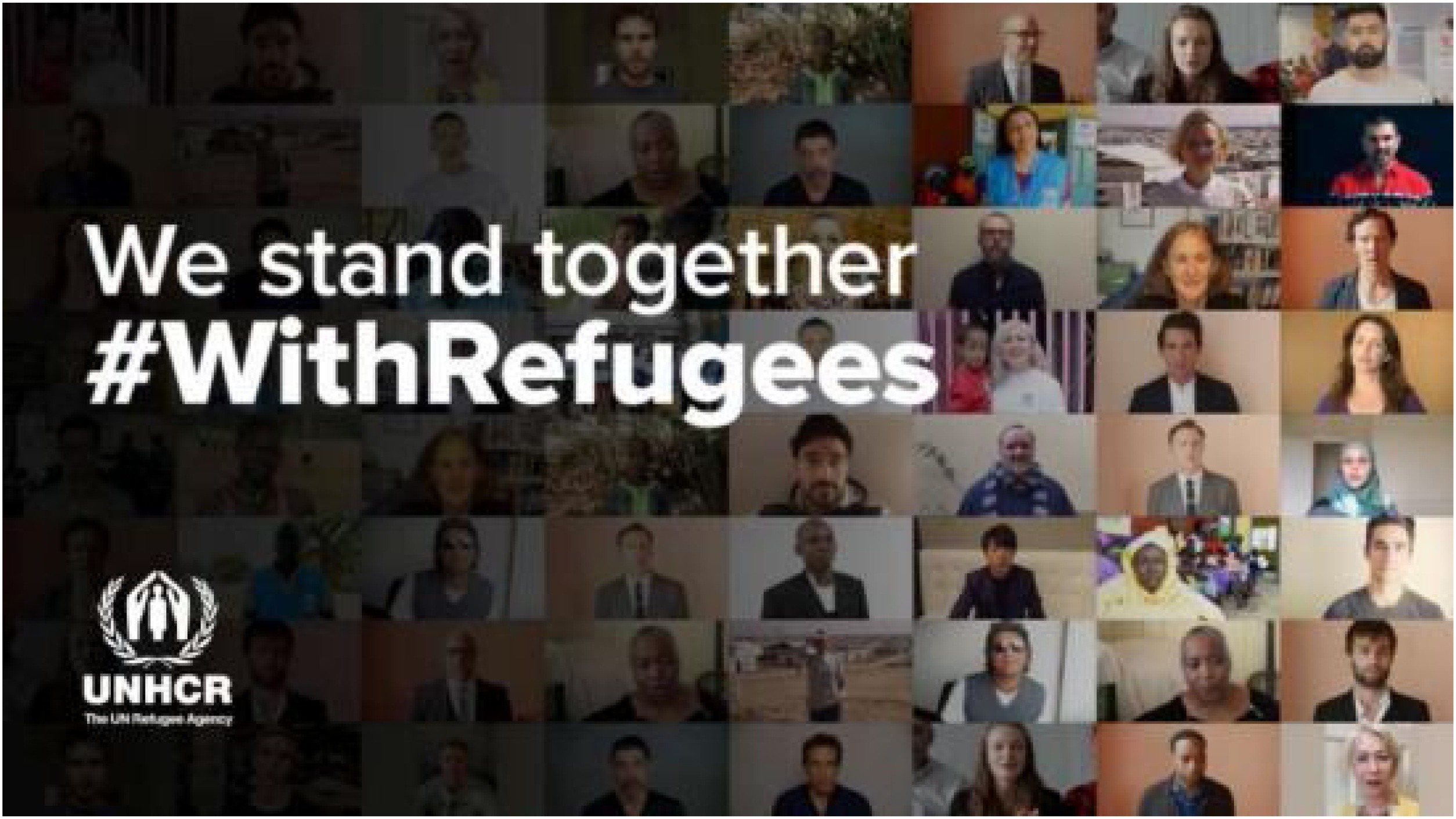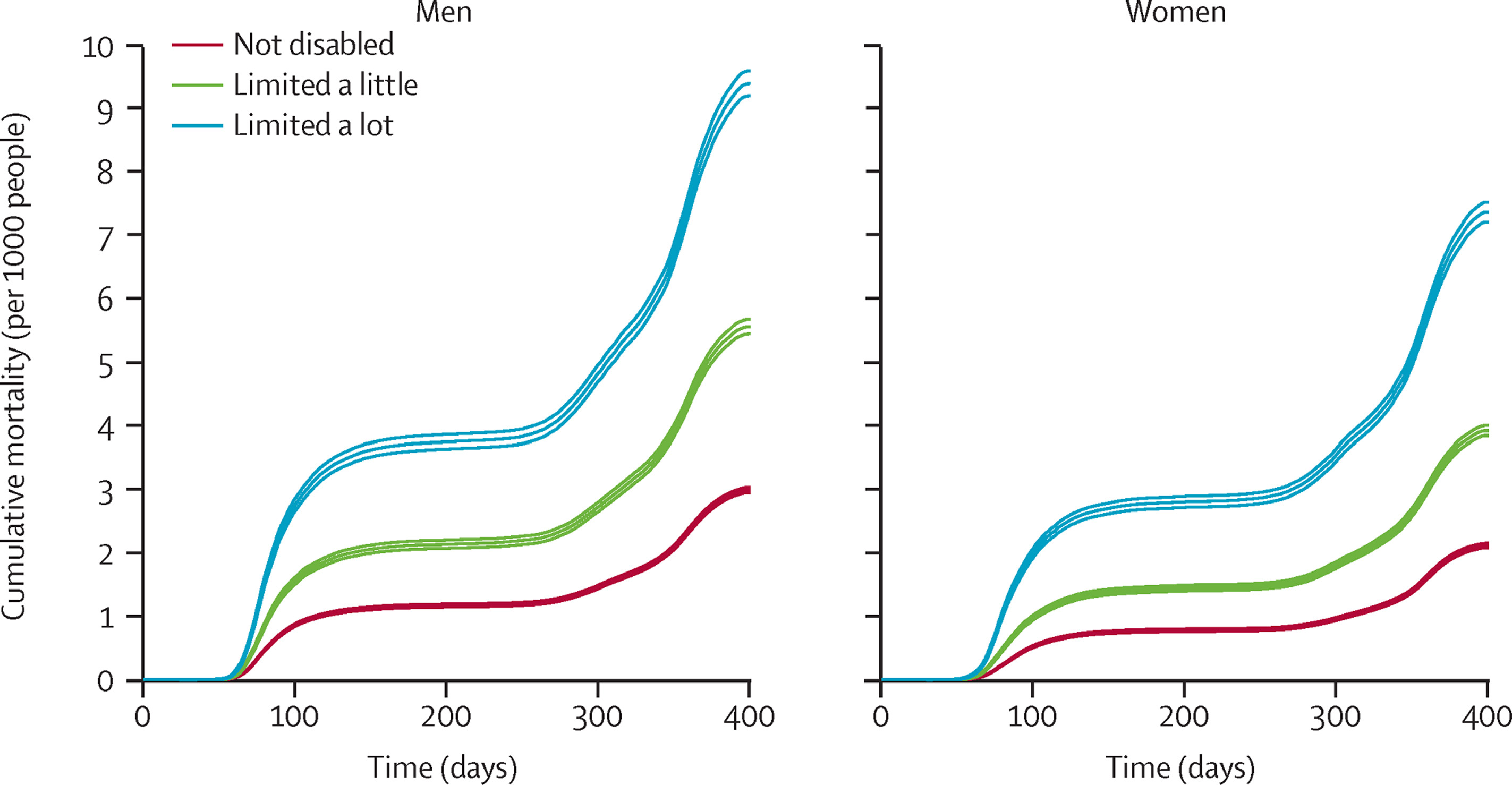Substitution of beef with alternative proteins is one practical trend taken by industry and consumers to reduce the negative impact of convenience products on the environment. Numerous products based on plant, insect and fungi proteins compete to replace beef burgers in an environmentally friendly and healthy way. At the same time, there is a lack of studies which assess different options from environmental impact perspective but also with consideration of production scales, recipes, nutritional values, and sensory properties.
Human Caspases and Neuronal Apoptosis in Neurodegenerative Diseases, 2022, Pages 69-151
Gregory Lazarev, Chapter 8 - Pastoralism as a response to climate change and water security in Mediterranean mountains and forests, Editor(s): Nadia El-Hage Scialabba, Managing Healthy Livestock Production and Consumption, Academic Press, 2022, Pages 123-127,



